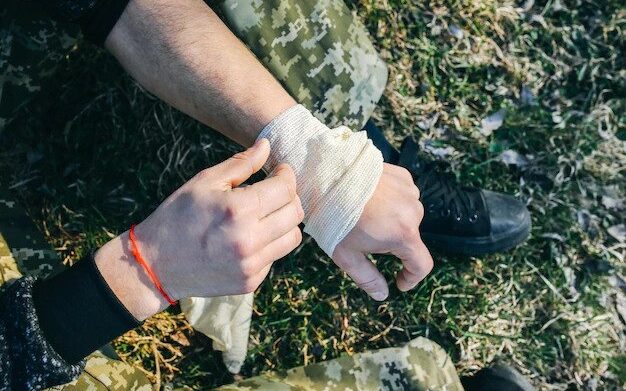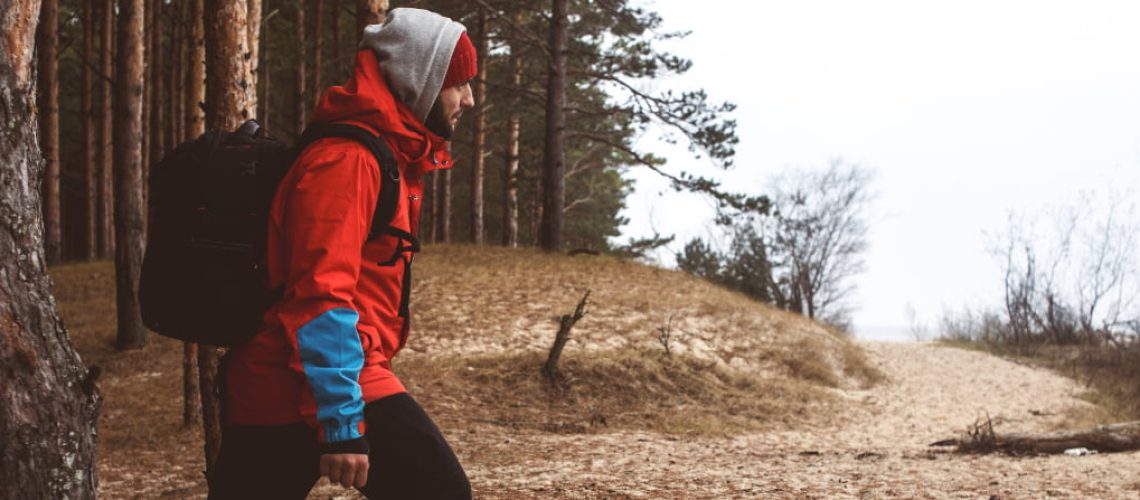Spending time in the wilderness, whether it’s climbing a mountain, deep sea diving, or hiking through the desert can be an exhilarating experience. In the wilderness, however, many things can go wrong due to the forces of mother nature. Being outdoors means being subject to a dynamic, always changing environment. Unexpected extreme weather can cause the likes of hypothermia, frostbite, and heat-related illness. Poisonous animals can induce severe illness in people. And it’s easy to wander off track, get lost, or have an unexpected encounter with a wild animal.
Are you an adventure seeker? If so, then it’s highly likely you’ll want to keep seeking out the wild for more fun, so let’s get you prepared! When it comes to being outdoors, it’s always best to be prepared. Follow along for more tips to treat and prevent injuries and emergencies in the wilderness.
Know Your Location
Knowing your location is important when adventuring into the wilderness. Due to the often-remote locations, you typically won’t have a specific address or Makani number as you would in the city. So how can you provide first responders, family or friends with a location in an emergency? If you know the address of your starting point share it with everyone. That way everyone at least knows where your trip initially began. If there is no address, consider sharing your GPS coordinates. Also consider getting familiar with the ‘what3words’ app. This can give a very precise location anywhere on the globe. Thanks to GPS locator technology and mobile phones, this is an easy task if you have phone reception. Services such as Google Maps, Apple Maps, the compass application, and find my location on iPhone can help you determine your exact location. If you find locations with service, share your updated location so that a map of your last known locations can be established if an emergency happens.
But it’s important to remember that in remote locations mobile phone reception is often patchy and sometimes non-existent. And phone batteries do not hold their charge forever. Technology should never be relied upon as the sole means of getting support in an emergency.
Prepare for The Location’s Weather Variations
Before any outing, one should educate themselves on the location and its potential challenges, including weather. If the location is subject to torrential rain and storms, intense sun and heat, or evening cold temperatures, how should you prepare? Proper clothing is essential for all trips. We recommend items of layered clothing that are ‘2-in-1’. This allows the wearer to adjust to warmer or colder elements as necessary. Proper footwear, waterproof jackets, and specialized blankets to help fend off hypothermia and hyperthermia (depending on your location) are also a must. Do your homework: use resources such as the internet and connections with friends and ask advice from those who may have already made a similar trip. They may be able to give advice on things that worked well for them, or simply insight as to something that they wished they had packed.

Prepare a First-aid Kit
Knowing your environment allows you to properly prepare a first aid kit, and gear it toward the potential weather variations, terrain, and animals you may encounter. This first-aid kit should be comprehensive but thoughtfully planned, as you will have to carry it with you on your journey. Some basic things to include, but which can be adjusted according to need are:
- Wound management tools: bandages, ointments, disinfectant, tape, etc.
- Over-the-counter supplies: sunblock, pain reliever/anti-inflammatory
- Prescriptions: EpiPen (in case of allergic reactions), blood pressure meds, etc.
- Water filtration: it seems like a no-brainer, but what if you run out? Do you have a plan for how to filter foreign water supplies?
In addition to a properly packed first aid kit, it is beneficial to understand basic life-saving skills such as first aid and CPR to help assist you in emergency situations; consider taking classes to understand the basics, it may save a life!
Prepare for Your Next Adventure With Blueguard
Are you planning a wilderness adventure or hiking trip that comes with a certain level of risk? Then it’s time to understand these risks, and importantly learn how to manage any challenges you may face. Our knowledgeable and professional team of trainers is here to help! We offer the likes of wilderness first aid training, and basic life support in addition to our professional lifeguard training series. Being prepared is for everyone, contact us to schedule your wilderness first aid training today.

Kim Beasley
Lifeguard & First Aid Instructor





